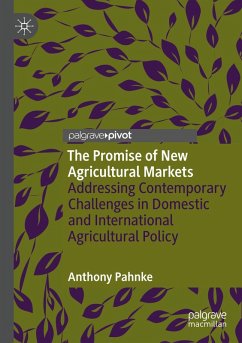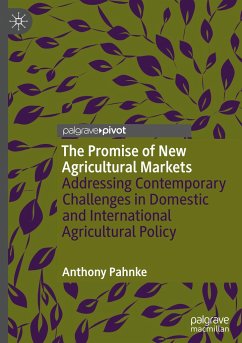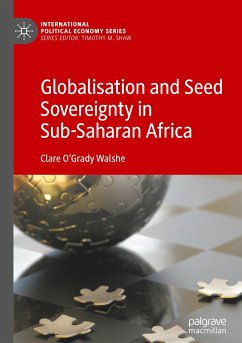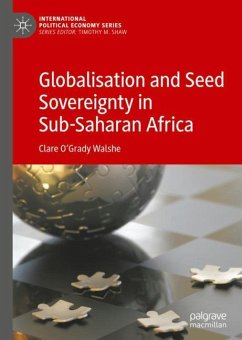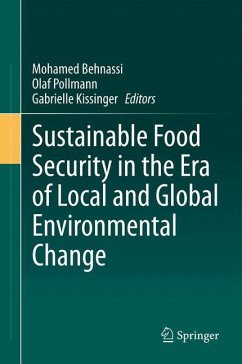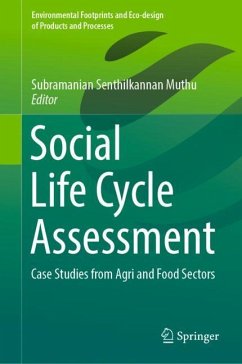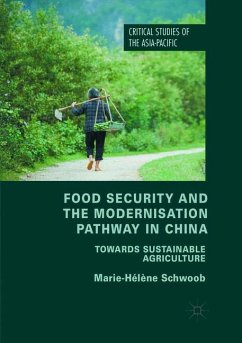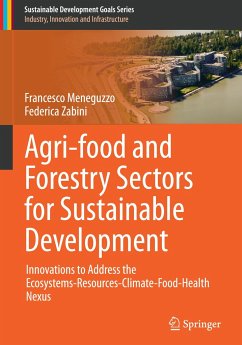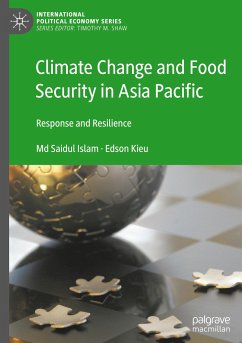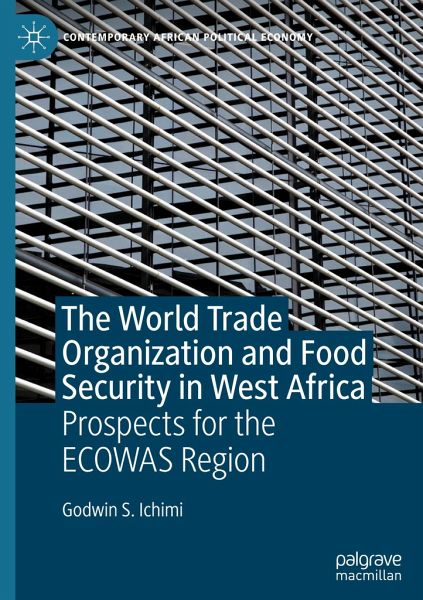
The World Trade Organization and Food Security in West Africa
Prospects for the ECOWAS Region
Versandkostenfrei!
Versandfertig in 6-10 Tagen
98,99 €
inkl. MwSt.
Weitere Ausgaben:

PAYBACK Punkte
49 °P sammeln!
This book explores the multilateral control of agro-economic spaces in West African developing countries through international trade, spearheaded by the World Trade Organization's Agreement on Agriculture. Responding to growing food insecurity in the region, Ichimi here examines the web of intricacies in this arrangement by discussing some of the main international trade policies directly and indirectly impacting on food security in West Africa and critically engaging with empirical praxis as well as the theoretical underpinnings vis-a-vis multilateral strategies adopted for the amelioration o...
This book explores the multilateral control of agro-economic spaces in West African developing countries through international trade, spearheaded by the World Trade Organization's Agreement on Agriculture. Responding to growing food insecurity in the region, Ichimi here examines the web of intricacies in this arrangement by discussing some of the main international trade policies directly and indirectly impacting on food security in West Africa and critically engaging with empirical praxis as well as the theoretical underpinnings vis-a-vis multilateral strategies adopted for the amelioration of the crisis. In so doing, he expose how multilateral trading agreements under the auspices of the World Trade Organization produce negative outcomes for the food security status of a large and growing population in West Africa, privileging primary commodity production and export, maintaining the preference for food imports, and driving the pattern of agricultural investment towards an inexorable dependence of the sector on the dictates of the international market.




